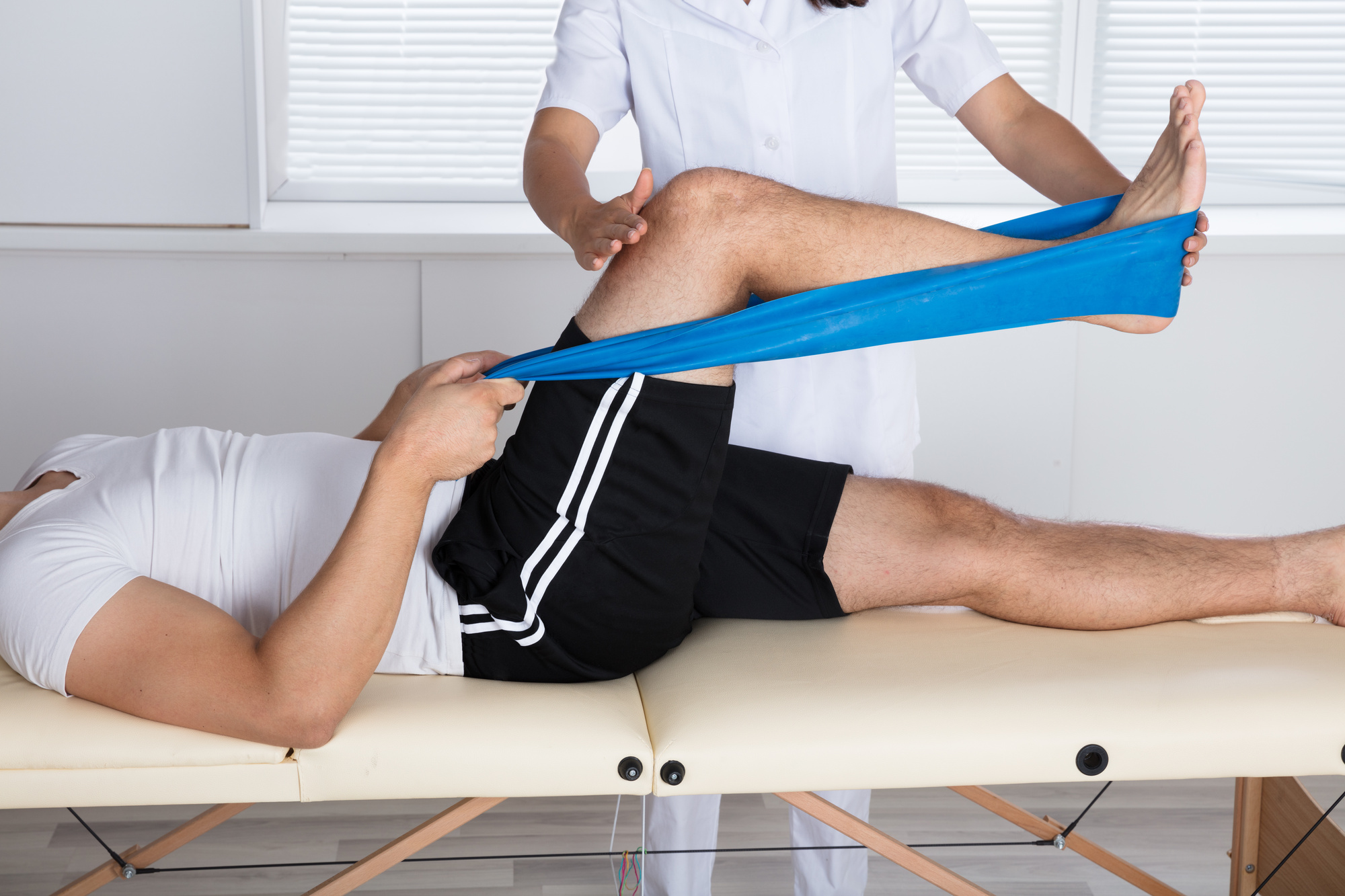The Essential Effect of Resistance Exercise on Enhancing Rehabilitation and Performance in Athletic Rehabilitation
The Essential Effect of Resistance Exercise on Enhancing Rehabilitation and Performance in Athletic Rehabilitation
Blog Article
Strength conditioning holds a crucial role in athletic rehabilitation, assisting sportspeople recover from traumas and improve their general capabilities. When an athlete sustains hurt, their body requires time to recover. However, during this recovery phase, it is essential to preserve strength and mobility to avoid further damages. Strength training can be customized to suit the requirements of each athlete, concentrating on specific muscle areas that may have been affected by the trauma. This targeted method not only aids in recovery but also prepares the individual to return to their activity stronger than previously.
One of the primary benefits of strength conditioning in rehabilitation is its capability to enhance muscular strength and endurance. When muscles are stronger, they can more effectively support articulations and reduce the chance of re-injury. For instance, an athlete healing from a knee trauma can benefit from workouts that strengthen the thigh muscles and hamstrings. These muscular tissues play a crucial role in supporting the knee joint. By including resistance conditioning into their recovery program, individuals can regain their power more effectively and securely.
In furthermore to building power, resistance training also enhances mobility and range of movement. Many injuries can result to rigidity in the affected region, making it challenging for athletes to navigate easily. Strength conditioning exercises often involve extending and lengthening the muscular tissues, which can assist reestablish mobility. For instance, adding resistance straps or dumbbells into stretching programs can improve the effectiveness of these exercises. As mobility improves, individuals can perform movements more effectively, which is essential for optimal capabilities in their sport.
Another important factor of resistance conditioning in sports rehabilitation is its positive effect on mental health. Healing from an trauma can be a difficult and frustrating experience for individuals. Participating in strength training can provide a feeling of achievement and boost confidence. As individuals see gains in their strength and abilities, they may experience more driven to persist their rehabilitation journey. This psychological uplift can be just as important as the physical advantages, as a optimistic mindset can lead to better results in rehabilitation.
Finally, resistance training can help individuals move back to their sport more smoothly. Once they have recovered their power and flexibility, individuals must to rehearse sport-specific movements to guarantee they are prepared for competition. browse around here Strength conditioning can be combined with sport-specific drills to create a holistic recovery program. This blend allows individuals to not only recover but also enhance their capabilities. By focusing on both recovery and capabilities, resistance training becomes an crucial instrument in the rehabilitation process, assisting athletes return to their activity stronger and more resilient.